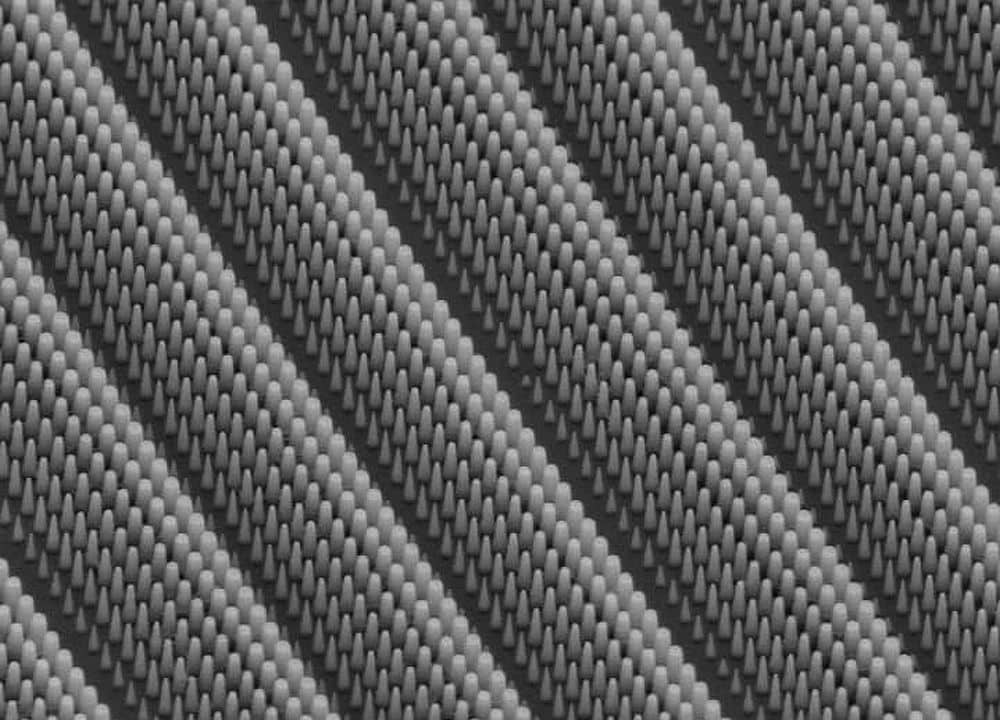A while back I wrote a blog post about a story featured in the September issue of ACerS’ Bulletin by R.C. Bradt and R.L Martens, “Shattering Glass Cookware.” This story addressed the apparent causes for reported instances of thermal failure of soda lime silicate glass cookware, such as that made by World Kitchen (marketed under the “Pyrex” name) and by Anchor Hocking. Bradt and Martens’ interest in the subject was triggered by reports of explosion-like fracturing of the cookware as reported by the Consumer Product Safety Commission, Consumer Reports magazine and elsewhere.
After the story was published in the Bulletin, the news division of NBC became interested in Bradt and Martens’ research and the cookware failures, and performed their own investigation. The results of their work have just been released in the form of a lengthy online story, and in a video report that aired this week on NBC’s Today morning show (above).
Despite complaints from manufacturers, NBC News was unable to find flaws in Bradt and Martens’ research. (Full disclosure: I was the chief editor of the Bulletin’s story.) According network reporter JoNel Aleccia, “Independent ceramics experts who reviewed Bradt and Martens’ paper for NBC News found it to be fundamentally sound, though they said more testing was needed to affirm the conclusions.”
While correctly reporting that millions of pieces of cookware are manufactured each year, NBC also documented that United States consumers’ complaints about these failures are on the rise:
Such incidents are rare, but reports of glassware abruptly shattering have climbed sharply in recent years, NBC News has learned. And a controversy is heating up over whether the pans or the users are to blame.
Complaints about the problem to the federal Consumer Product Safety Commission rose from just two in 1999 to 144 in 2011. That’s a total of 576 during those 13 years, records show. This year, 93 incidents had been reported as of mid-November.
As mentioned in the NBC reporting and elsewhere, World Kitchen has launched a legal action against The American Ceramic Society and the Bradt and Martens story, and is asking the courts to suppress their entire paper and prevent any future reference to it. I should further note that WK has not supplied an engineering-based critique of the Bradt and Martens paper, despite repeated offers by ACerS to publish such a response.
While it is tempting to write off WK’s lawsuit as ill-considered and extreme, there is a greater issue at stake for the science and engineering community: Should the courts be deciding matters of scientific and technical inquiry? Should irritated companies be allowed to ask judges to be the gatekeeper on opinions and conclusions drawn by scientists and engineers even though making such judgements are a fundamental aspect of their professional duties? There are also a number of free speech issues that are raised by WK’s actions.
As noted in NBC’s reporting, ACerS will not withdraw this paper and stands by the authors’ work.
CTT Categories
- Basic Science
- Glass
Related Posts
Sports-quality ice: From pond side to precision Olympic engineering
February 12, 2026


